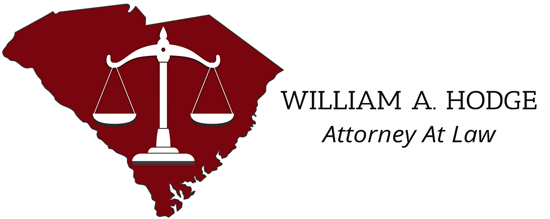WHAT IS PRETRIAL INTERVENTION?
PTI, or pre-trial intervention is a program enacted by the state of South Carolina as a means of criminal diversion. PTI is an alternative to standard criminal prosecution. Because it is a diversion program, there is no requirement for a guilty plea use it. Furthermore, a guilty plea or a conviction by the court will make you ineligible for the program. To learn if you qualify for the PTI program, contact a criminal defense attorney in South Carolina and tell them your situation.
GENERAL PRETRIAL INTERVENTION GUIDELINES
Many clients in the state of South Carolina, whose charges range from a variety of offenses, have been allowed into the pretrial intervention program. Those charges include marijuana possession, domestic violence, armed robbery, and many other serious misdemeanors. In some cases, a pre-trial intervention can even be used to dismiss and erase some more severe felonies. If you believe that a pretrial intervention might be the right course for your case, contact our firm at your first opportunity.
FREQUENTLY ASKED QUESTIONS ABOUT THE PTI PROGRAM
WHY WOULD I USE PTI FOR MY CASE?
If your case is eligible for the PTI program and your case is accepted, your charges will be dismissed and expunged from your arrest record once the program is completed. This means that the completion of the program will result in a clean criminal record.
WHY SHOULD I NOT PAY A FINE INSTEAD?
Unlike a PTI, a plea or a fine payment will leave permanent marks on your criminal record. Depending on the charges, it could be even worse. You could also face probation, driver’s license suspension, or even jail time. Successful completion of the PTI program makes these possibilities nonexistent, as well as avoiding permanent damage to your criminal record.
IS CHOOSING PTI WHILE INNOCENT A GOOD IDEA?
That depends. The PTI route offers a scenario where your case will absolutely be dismissed. There will be no risk to your criminal record, and no risk of jail time, whereas a criminal trial poses at least some risk of both.
However, a criminal trial in which you are found innocent means you do not have to complete the PTI program. The completion of the PTI program consists of approximately 30-50 hours of community service, counseling programs, drug screening, and writing a report. If you are accepted into the PTI program with a domestic violence case, you also must attend a 26-week counseling program specifically for domestic violence. So, it is a question of how confident are you about your case. Do you take the sure route and put in some extra effort, or do you gamble with the criminal court?
AM I ELIGIBLE FOR PTI?
People with little to no criminal record are typically the individuals that qualify for PTI. Your case can be in a municipal, magistrate, or general court session, and you can be any age. However, the PTI program is generally only offered to individuals one time.
WHO REFERS ME TO THE PTI PROGRAM?
It is up to the prosecutor of the case to recommend the PTI program. Judges are not able to determine who can be accepted into the program.
WHAT CHARGES DOES PTI RESOLVE?
A vast number of misdemeanors and many felonies can be taken care of with PTI. To name a few, possession of drugs, burglary, and shoplifting can all be resolved through the program.Two major exceptions to the program are DUI and major violent crimes.
ARE THERE FEES FOR THE PTI PROGRAM?
The initial application for the program will cost $100. If you are accepted, you must pay $250 for the actual program. The program also requires 2 drug tests, which will both cost approximately $30 each.
HOW LONG IS THE PROGRAM?
While the required time differs from case to case, the average completion rate is six to nine months from when you are initially referred for the program. While in the program, you are still on bond, and normal bond restrictions & procedures will still apply.
IS OR CAN PTI BE MANDATORY?
You will never be forced to join the PTI program. It is your decision to complete the program once it had been offered to you. If you decide it is not for you at any point during the program, you may stop the program and your charges will be returned to court.
